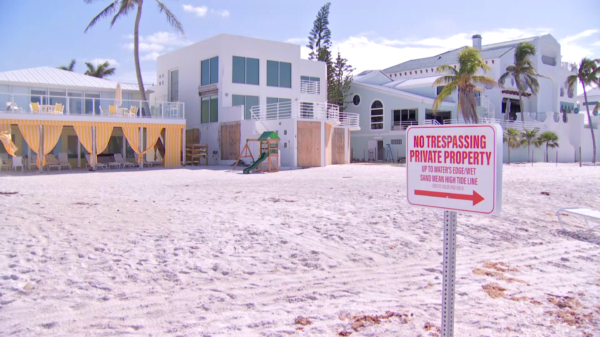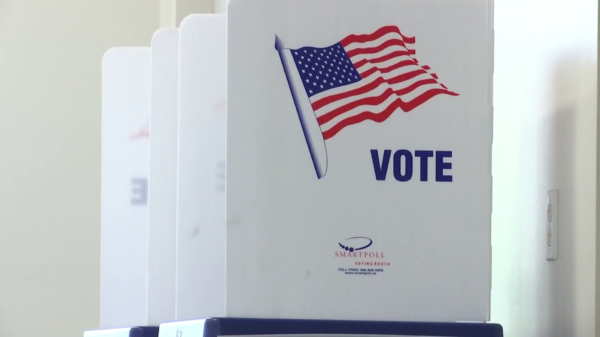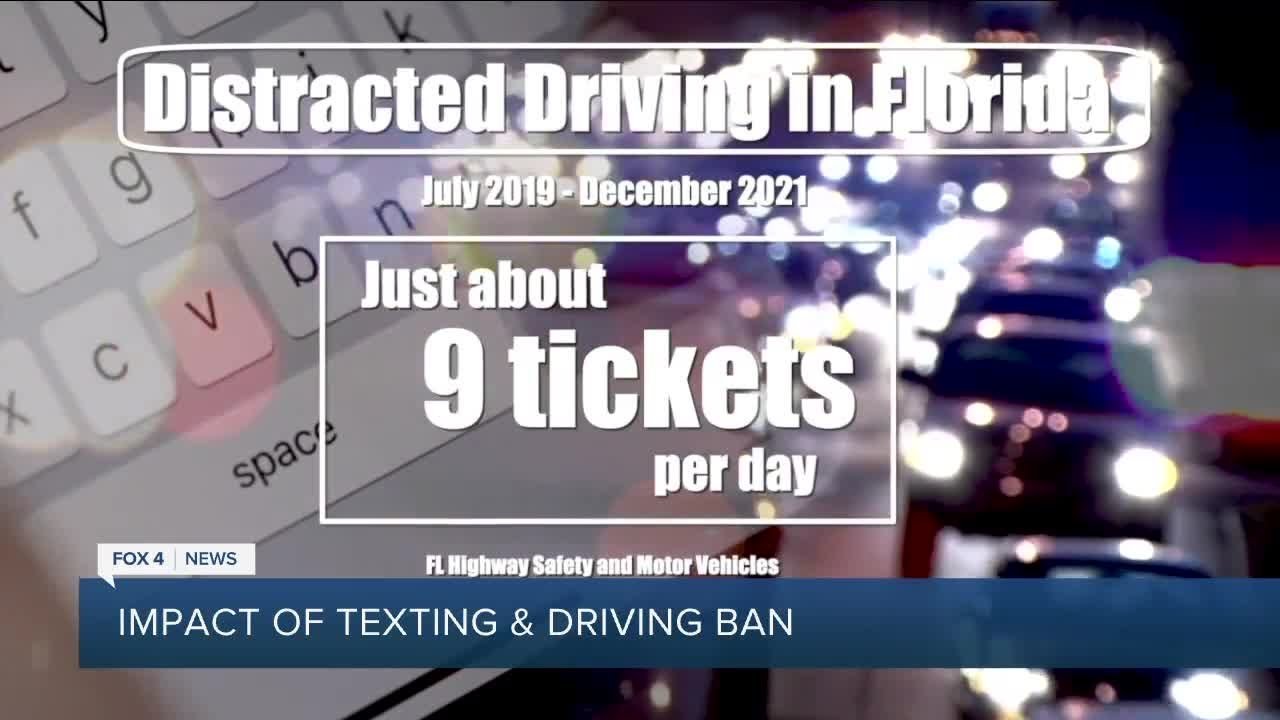The controversy surrounding the Florida law banning texting and driving continues to stir debate as a Sheriff refers to it as “useless.” However, critics argue that the law serves an important purpose in promoting safe driving habits and reducing accidents caused by distracted driving. In this article, we’ll explore both sides of the argument and determine whether the law is truly “useless” or if it has made a positive impact on road safety.
Florida Sheriff calls Florida law banning texting and driving “useless,” but is it?
Recently, a sheriff in Florida made headlines for calling the state’s law banning texting and driving “useless.” While this may be a contentious statement, it’s important to examine the effectiveness of the law and whether it has had any impact on reducing distracted driving-related accidents.
The law in Florida
In 2019, Florida passed a law banning texting and driving statewide. The law made it illegal to use a wireless communication device while driving in a designated school crossing, school zone, or work zone. However, it does allow for the usage of hands-free devices or in-car built-in technology, as well as texting in emergency situations.
The first violation of the law is considered a non-moving traffic violation that carries a base fine of $30. A second violation within five years is considered a moving traffic violation and can result in points on a driver’s license and a higher fine. However, the law does not allow for law enforcement to pull drivers over solely for this violation, and must have another reason for the traffic stop.
The impact on distracted driving
Despite the law’s intention to prevent distracted driving, there is little evidence to suggest it has had any meaningful impact on reducing accidents related to texting and driving. According to data from the Florida Department of Highway Safety and Motor Vehicles, distracted driving-related accidents have continued to trend upwards since the law’s passage in 2019.
In 2020, there were over 2,500 distracted driving crashes in Florida, resulting in 292 fatalities. This is an increase from 2019, where there were 2,313 distracted driving crashes and 258 fatalities.
While it’s difficult to attribute this increase solely to the lack of effectiveness of the texting ban, it is clear that the current law is not enough to deter drivers from engaging in this dangerous behavior.
The limitations of the law
One of the primary limitations of the law is the lack of enforcement. As mentioned previously, law enforcement cannot pull drivers over solely for violating the texting ban and must have another reason for the traffic stop. This can make it difficult for officers to catch drivers in the act, particularly if they are being discreet about their phone usage.
Additionally, the low base fine of $30 may not be enough to deter drivers from texting while driving, especially if they believe the likelihood of getting caught is low. The fact that the first violation is a non-moving traffic violation may also contribute to the lack of enforcement, as officers may prioritize more serious traffic violations.
Potential improvements
There are several potential improvements that could be made to the texting and driving ban in Florida. One possible solution would be to increase the fines for violating the law, especially for repeat offenders. This would not only provide a stronger deterrent to drivers but would also generate revenue for the state.
Another potential solution would be to allow law enforcement to pull drivers over for texting and driving violations without requiring another reason for the traffic stop. This would make it easier for officers to catch drivers in the act and would also send a clear message that texting and driving is a serious offense that will not be tolerated.
Finally, increasing awareness and education around the dangers of distracted driving could also help to reduce the number of incidents related to texting and driving. This could include public service announcements, social media campaigns, and school-based programs.
Conclusion
While the current texting and driving ban in Florida may be ineffective in reducing distracted driving-related accidents, there are potential solutions that could improve its effectiveness. By increasing fines, allowing for easier enforcement, and increasing awareness of the dangers of distracted driving, Florida can work towards reducing the number of preventable accidents on its roads. It’s clear that texting and driving is a serious issue that requires serious attention, and it’s up to legislators and law enforcement to take action to make our roads safer for everyone.




































